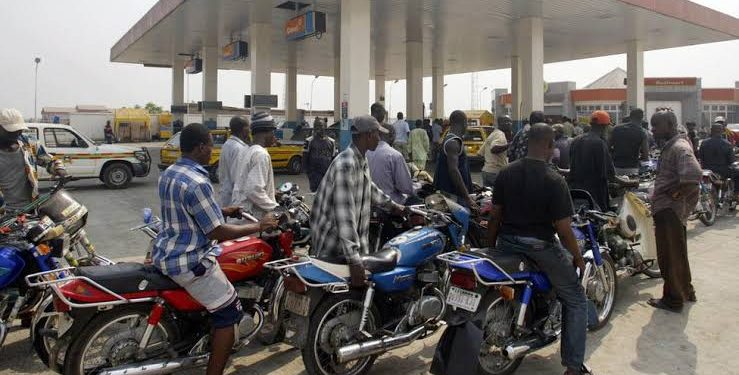Many drivers in Nigeria are now regretting switching to compressed natural gas (CNG) for their vehicles, which was once praised as a wise decision to combat skyrocketing fuel prices. Drivers now have to spend hours—and sometimes days—waiting in line just to refill, making what was supposed to be a cleaner and less expensive option into a nightmare.
After President Bola Tinubu eliminated gasoline subsidies in May 2023, which caused fuel prices to soar, the government aggressively promoted CNG. The CNG initiative, which promised cheaper prices and a more dependable fuel option, was introduced to lessen the blow. However, the situation on the ground presents a different picture.
60-year-old Murtala Ishola appeared noticeably worn out at an Abuja gas station. He sagged behind the wheel and remarked, “I’ve been here for the fifth day.” He, like many others, thought that life would be easier if he switched to gas. He isn’t so sure now.
Large cities like Lagos, Benin, and Ilorin are witnessing similar situations. Drivers lament the lack of conversion centers and CNG stations. Despite the expense, some even say they now regret sticking with gasoline.
Despite the Presidential CNG Initiative’s admirable intentions, inadequate infrastructure is making the dream a nightmare. Demand is greatly exceeding supply, with thousands of converted vehicles on the road and less than 100 operational stations across the country.
Many drivers feel stuck right now, wasting time and effort to obtain the promised cheaper fuel. This gas-powered strategy might simply fail if Nigeria doesn’t accelerate the development of its infrastructure.






















































